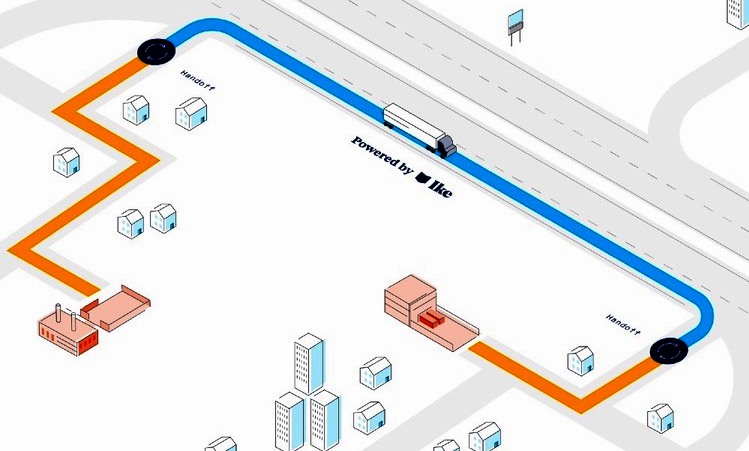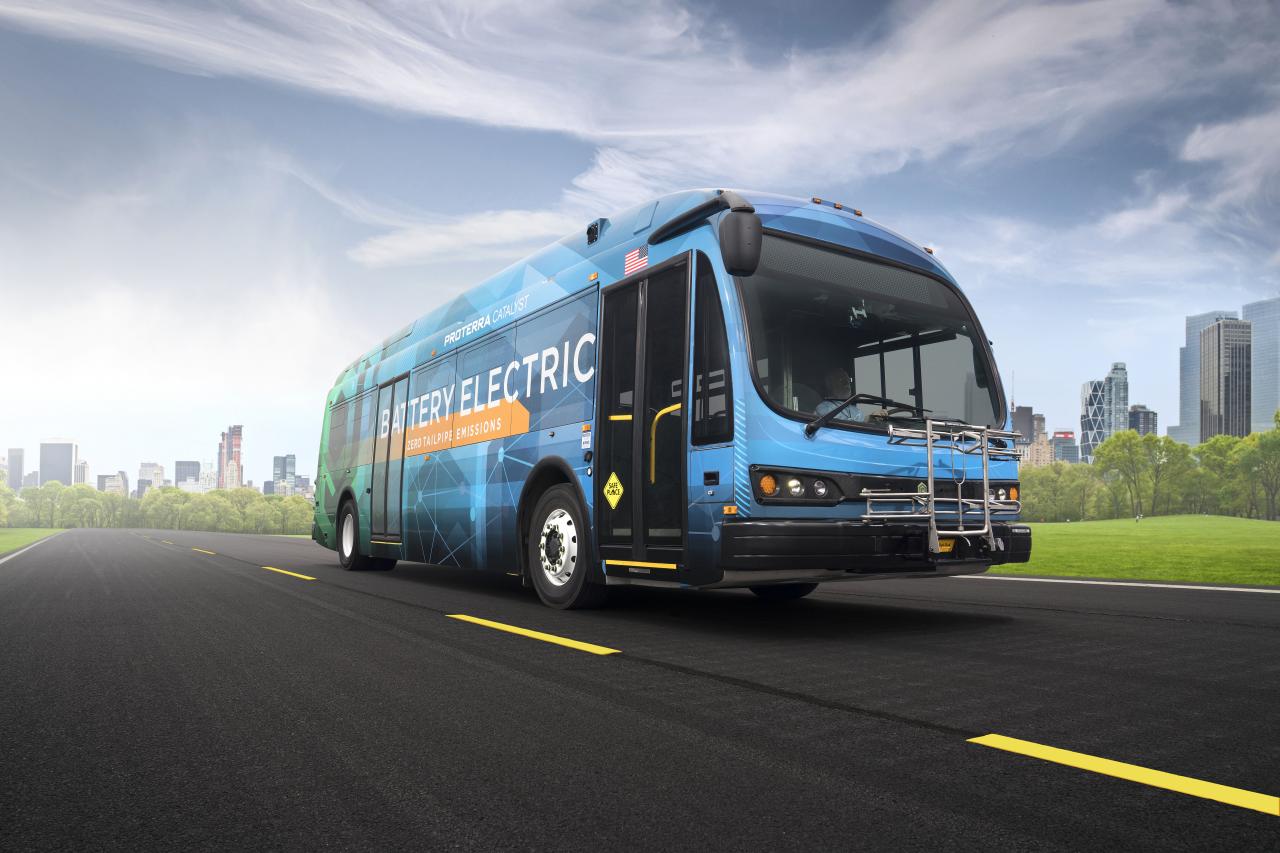|

SMART
SERVICING FOR ROBOTS - Those looking for a future proofed infrastructure for
renewably sourced energy for electric vehicles, may want to consider the new
breed of self driving passenger cars, taxis, and commercial trucks that will benefit from automated
recharging if they are to be fully autonomous in operation - most especially
unmanned robotic taxis and freight vehicles.
VENTURE BEAT DECEMBER 23, 2020
Driverless truck company Ike today announced that it’s been acquired by Nuro, the autonomous delivery vehicle startup, for an undisclosed amount. Ike says it’s already begun work on integration of its 55 employees and technology and that joining forces with Nuro will allow it to “move faster on an ambitious mission to make people’s lives better with automated vehicles.”
“Our companies already have a lot in common — shared values, complementary expertise, and technology with the same DNA,” Ike wrote in a blog post. “Our teams have always collaborated closely, and the time is now right to join forces formally and accelerate our progress … After years of hard work to fulfill the promise of automated vehicles, we expect 2021 to be an important moment for Nuro and for the world. We are thrilled to start this next chapter of Ike’s journey and help deliver on a shared mission, together.”
Some experts predict the coronavirus outbreak will hasten the adoption of driverless vehicles for delivery. A study published by CarGurus found that 39% of people don’t plan to use human-driven ride-sharing services post-pandemic for fear of insufficient sanitation. Despite driverless cars’ need for regular disinfection and the public’s misgivings about their general safety, they promise to minimize the risk of spreading disease because they inherently limit driver-rider contact.
Ike, a self-driving truck startup founded by former Apple, Google, and Uber Advanced Technologies Group engineers, previously raised $52 million in venture capital in a February 2019 series A led by Bain Capital Ventures. The company’s namesake — President Dwight D. Eisenhower and the interstate system he helped create with the passage of the Federal Aid Highway Act — wasn’t the only noteworthy thing about the company. Rather than develop a driverless solution in-house, it licensed Nuro‘s localization, perception, prediction, and planning software. (Nuro already had a small stake in Ike.) And Ike refrained from making bold pronouncements about its service. While it tested self-driving trucks on public California roads in 2019, they had human safety drivers behind the wheel, and they didn’t operate autonomously anywhere but on the highway.
From the outside looking in, Ike certainly had the chops to succeed in a market predicted to be worth hundreds of billions of dollars in the next decade. Ike cofounders Jur van den Berg and Nancy Sun are both veterans of Apple’s special projects group and Otto, an autonomous trucking startup acquired (and later shuttered) by Uber. Founding partner Alden Woodrow, for his part, was product lead of Google X’s Makani project, which sought to develop kites that produce electricity by harnessing wind energy, and he served as a group product manager at Uber’s self-driving truck program. (Sun, van den Berg, and Woodrow will join Nuro’s executive ranks.)
Ike reached agreements this fall with DHL, Ryder, and NFI to provide its technology to fleets. But Ike had competition in spades, like Pronto.ai and TuSimple, a three-year-old autonomous truck company with autonomous vehicles operating in Arizona, California, and China. There’s also venture-backed Swedish driverless car company Einride as well as Aurora and Embark, which integrates its self-driving systems into Peterbilt semis and which recently launched a pilot with Amazon to haul cargo. Incumbent
Waymo is also investing heavily in Waymo Via, its self-driving freight-hauling service, as the Alphabet-backed venture seeks to carve out a slice of the transportation and logistics segment.
The pandemic and its effects, including testing delays, has resulted in consolidation, tabled or canceled launches, and shakeups across the
autonomous transportation industry. Ford pushed the unveiling of its self-driving service from 2021 to 2022; Waymo CEO John Krafcik told the New York Times the pandemic delayed work by at least two months; and Amazon acquired driverless car startup Zoox for $1.3 billion. According to Boston Consulting Group managing director Brian Collie, broad commercialization of AVs won’t happen before 2025 or 2026 — at least three years later than originally anticipated.
Nuro, fortunately, is flush with cash. The Mountain View, California-based company, which was cofounded in 2016 by Dave Ferguson and Jiajun Zhu, both veterans of the secretive Google self-driving car project that eventually spun out as Waymo, nabbed $940 million in a February 2019 venture round led by Softbank’s Vision Fund and $500 million in a subsequent round in November. The latter valued Nuro at north of $5 billion.
“We have watched as Ike developed not just one of the most rigorous safety-first and systems-based approaches to self-driving development, but also a team that is widely regarded as one of the brightest in our field. The combination of the two, along with the ability to readily integrate some of their core technology (like their world-class virtual simulation tool), is what made the opportunity to have them join us a natural fit.,” Nuro president and cofounder Dave Ferguson said in a statement. “We look forward to all we’ll be able to accomplish together, knowing that our horizon of possible applications has been expanded with the addition of the Ike team and their expertise. And we are thrilled to have them join us in our collective mission.”
In April, Nuro, which has over 600 employees, secured a permit from the California Department of Motor Vehicles (DMV) to test driverless delivery vehicles on public roads within a portion of the San Francisco Bay Area. That followed the U.S. National Highway Traffic Safety Administration’s (NHTSA) decision in February to grant the company an autonomous vehicle exemption that allowed Nuro to pilot its custom-designed R2 delivery vehicles on roads without certain equipment required for passenger vehicles.
For the better part of a year, Nuro’s fleet of Toyota Prius vehicles in Houston, Texas has been making deliveries to consumers from various partners, including Kroger, Domino’s, and Walmart. The company has deployed over 75 delivery vehicles to date, a mix of self-driving Priuses and R2s.

ROBOTICS
& AUTOMATION NEWS - SEPTEMBER 1 2020 - Ike Robotics to supply 1,000 autonomous trucks to DHL, Ryder and NFI
Ike Robotics has won contracts to develop autonomous trucks for DHL, Ryder and NFI. The startup has announced the three major logistics operators as its first customers.
The three customers will collectively take delivery of 1,000 autonomous trucks, says Ike on its company blog.
Ike says it will work closely with its customers to customize the trucks to each one’s specific requirements.
On its blog, Ike says: “We are proud to announce our first customers, who have collectively reserved the first 1,000 trucks Ike will power with our automation technology.
“The fleets we are working with are among the largest and most sophisticated in the world.
“The agreements we have signed are an entirely new kind of collaboration for our industry, and will ensure that we build a safe, reliable, commercially valuable product – together.”
Ike says the three companies are “ideal first customers” because they are “early adopters of new technologies and have invested heavily in digital tools, electrification, and automation in many parts of their businesses”.
Ike supplies a hardware-and-software solution for making trucks autonomous, using its expertise in systems engineering, computer vision, and other aspects, while its customers will deal with other things.
Ike says it is creating a business model which enables it to concentrate on being a technology company that helps its customers to get the best out of automation.
Ike’s primary product is a Software as a Service (SaaS) subscription to fleets. Its customers will buy trucks equipped with Ike’s validated automation system from our original equipment manufacturing partners.
Automated trucks will be owned and operated by fleets and “Powered by Ike”.
The company says this is a “unique approach to automation”, but it’s a model its customers are very familiar with. Telematics and other hardware-software products have been sold this way in the trucking industry for many years.
Ike adds that it will also provide its customers with access to a “bundle of support services” to ensure that trucks powered by Ike have high uptime and can be used seamlessly in their networks.
Automated trucks powered by Ike will have new sensors, mechanical equipment, computing, and software that allows them to drive on the highway without a driver.
Human-driven trucks from Ike’s customers’ fleets will move loads to and from the highway, handing off to their automated trucks for the long journey on the interstate (see picture above).
Ike says this approach has the potential to save lives, improve its customers’ operating margins, and keep their drivers closer to home.
Ryder, DHL, NFI, and Ike’s other customers helped validate the business model, says the company.
By David Edwards

RECHARGING UNMANNED EVS
FOR SMARTER CITIES
With
RoboCars, RoboTaxis
in cities, Robovans for goods deliveries, and RoboTrucks
for heavy haulage, it is possible that the face of transport is set to
change considerably in the years ahead, but that will not happen without an
automated energy infrastructure.
At the moment,
it appears that the only system capable of servicing such (compatible) vehicles would be the proposed SmartNet™
dual fuel service stations, where such vehicles would not then need human assistance
to replenish their energy reserves on longer tours of duty.
Allied
to this is PAYD
(Pay As You Drive) billing, also seen as a necessary function for autonomous,
unmanned,
self-driving, robotic
vehicles of the future.
LINKS
& REFERENCE
https://nuro.ca/
https://venturebeat.com/2020/12/23/nuro-acquires-self-driving-truck-startup-ike/
https://roboticsandautomationnews.com/2020/09/01/ike-robotics-to-supply-1000-autonomous-trucks-to-dhl-ryder-and-nfi/35809/
UNMANNED ELECTRIC VEHICLES
THE AUTOMATED and ELECTRIC VEHICLES ACT 2018

Please
use our A-Z
INDEX to navigate this site
This
website is provided on a free basis to
promote zero emission transport from renewable energy in Europe and Internationally. Copyright ©
Universal Smart Batteries and Climate Change Trust 2021. Solar
Studios, BN271RF, United Kingdom.
|



